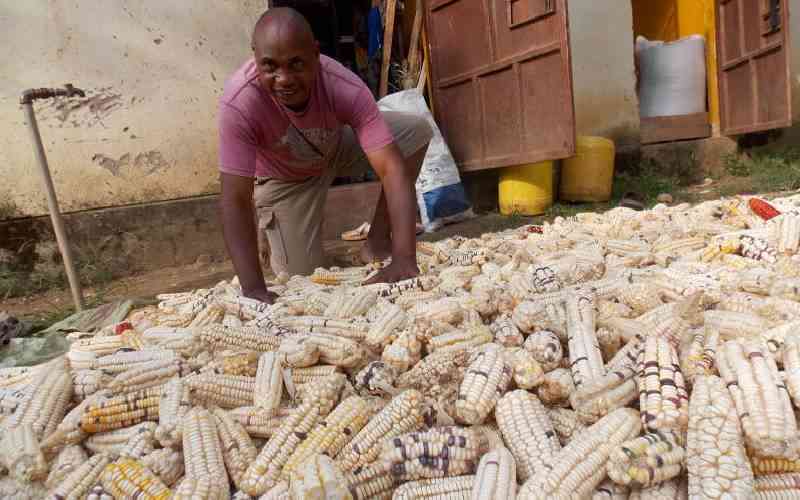×
The Standard e-Paper
Stay Informed, Even Offline

National Biosafety Authority (NBA) has assured farmers in western Kenya that genetically modified (GMO) maize is resistant to fall armyworms.
The state agency said GM maize is also resistant to other pests and diseases that cause farmers to incur huge losses every planting season.







